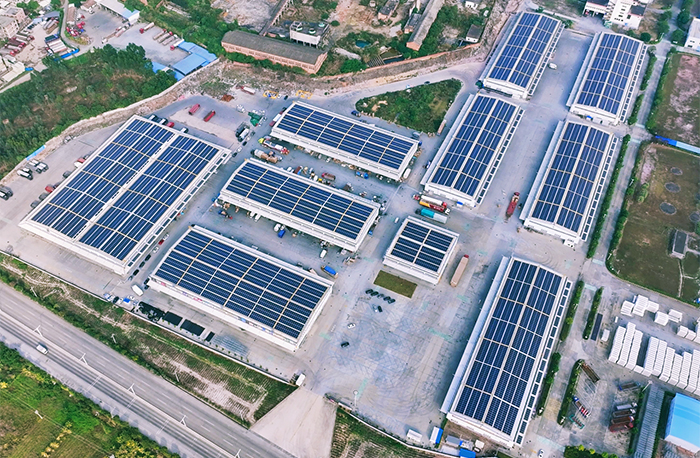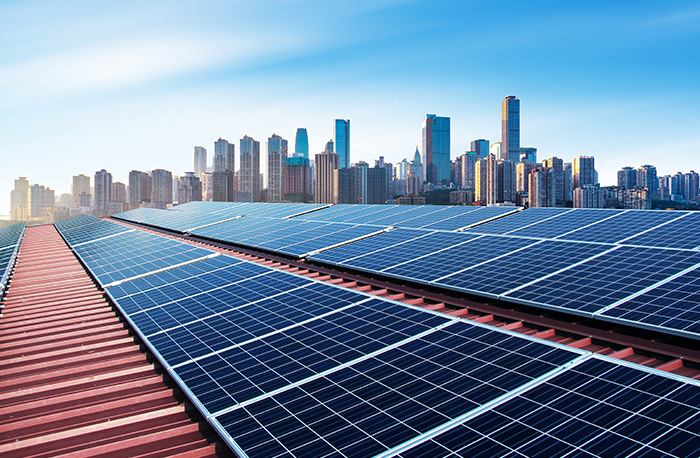For businesses, solar power is a familiar concept. For those with significant energy consumption, electricity costs are a major component of operational expenses. Managing these costs effectively can greatly impact a company's overall profitability.
If a business has suitable conditions—such as large rooftop space, strong load-bearing capacity, minimal surrounding obstructions, high electricity consumption, and high energy costs—installing a rooftop solar power system can be an excellent choice.
Top 10 Benefits of Installing Solar Energy Storage
Reduced Energy Costs: Solar and storage systems allow businesses to harness renewable energy, such as solar power, reducing reliance on traditional electricity sources and lowering energy costs.
Relieves Power Demand: By using solar-generated power, businesses can reduce their reliance on the grid, easing energy demand during peak times.
Electricity Savings: High-energy consumption businesses can not only save on electricity bills but also sell excess solar energy back to the grid, generating additional income.
Promotes Energy Efficiency and Emissions Reduction: Solar installations help businesses meet sustainability goals, reducing CO2 emissions and improving their public image.
Enhanced Environmental Comfort: Solar panels can reduce heat absorption, lowering temperatures in facilities below them and indirectly cutting cooling costs.
Improved Power Stability and Efficiency: Energy storage systems smooth out fluctuations in solar power production, ensuring a more stable electricity supply and minimizing production disruptions caused by power outages.
Building a Virtual Power Plant: Through smart energy management, businesses can integrate various distributed energy resources, providing stable power and improving grid reliability.
Demand Response Participation: Businesses can adapt their energy usage based on electricity price fluctuations or incentives from utility companies, cutting costs and earning financial rewards for reducing consumption during peak times.
Creating Zero-Carbon Industrial Parks: Solar energy helps industrial parks reduce energy costs, boost productivity, attract talent, and achieve carbon-neutral goals, contributing to overall sustainability.
Emergency Backup Power: Solar energy storage systems provide backup power during natural disasters or emergencies, ensuring uninterrupted business operations.
Which Industries Should Consider Installation?

Heavy Industry: Sectors like steel, chemicals, and paper, which require large amounts of electricity for machinery operations.
Large Manufacturing Companies: Businesses in industries like automotive and electronics that rely on extensive power usage for continuous production.
Data Centers: These facilities demand vast amounts of electricity to maintain server operations and ensure system stability.

Large Commercial Facilities: Shopping malls, hotels, and supermarkets need significant electricity to power lighting and equipment.
Agriculture Irrigation Systems: Large-scale farming requires substantial electricity to power irrigation machinery.
In summary, solar energy storage offers businesses comprehensive advantages, from lowering energy costs and increasing operational efficiency to enhancing revenue and promoting environmental sustainability. With ongoing advancements in technology and supportive policies, solar energy storage will continue to present businesses with new opportunities and challenges in the future.







